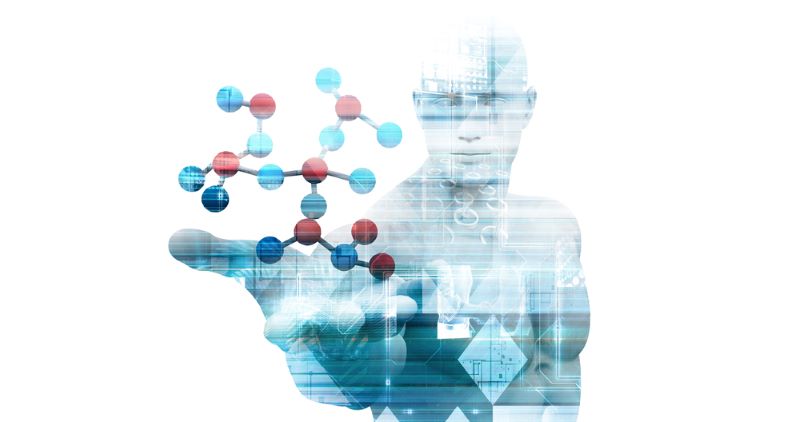Click here to get this post in PDF
Researchers have long used artificial intelligence and machine learning (AI/ML) to recreate and simulate conditions that are difficult to create in a controlled environment. However, recent advancements in AI technology have allowed scientific researchers to complete even more complex computations, like simulating the atmosphere of a young Earth, that can make experiments possible that would have cost millions of dollars in a lab.
From private companies to public universities, everyone in the research community stands to benefit from the mighty potential of artificial intelligence technology. Yet, limitations in computing power and proprietary models owned by private entities do not always serve the public interest. To create a world where AI can help researchers make life-saving and world-changing discoveries, there must be greater collaboration between the most innovative minds in the public and private sectors.
AI in the scientific community
One venture — the public-private collaboration Positron Networks — strives to be at the forefront of equalizing access to technologically advanced AI tools for those who want to advance scientific discovery. Positron is led by CEO and co-founder Sid Rao, a tech industry expert with over a decade of experience working with some of the biggest tech companies in the industry, including Amazon Web Services.
“Designed to overcome challenges in research, our organization caters specifically to the needs of the scientific community to focus on advancing knowledge and making groundbreaking discoveries,” says Rao. “We’re building a platform for scientific computing that makes researchers more productive. Our portfolio of ongoing AI/ML projects is driving cutting-edge research and innovation through advanced scientific computing solutions.”
The Positron team calls its technology a “gateway to faster, more efficient research.” With Positron’s tools, researchers can do anything from running complex computations to analyzing vast datasets, allowing them to streamline their processes and receive results in record time.
“To accelerate science, experiments must run in minutes, not days,” Rao asserts. “Our platform empowers researchers, scientists, and students to accelerate discoveries with intuitive tools and robust performance, eliminating traditional IT and cloud complexities. Positron is dedicated to supporting your work and helping you achieve more.” Positron’s website claims that researchers who use the platform could conduct as many as five times more experiments than they could without the use of AI tools.
Positron has designed its technology to serve everyone in the scientific and research community. With a platform designed to be on the cutting edge of scientific research, individuals can innovate in their field, institutions can support their labs and researchers with a scalable platform, and enterprises can gain a competitive edge with industry-leading tools.
AI has the potential to help researchers become more efficient because it makes the research process more accessible. Scientists often use complex and laborious tools in their research, and AI tools can help researchers generate hypotheses and plan research more efficiently than ever. Because of AI’s superior data processing capabilities, a model can read, understand, and analyze thousands of papers nearly instantly. Researchers can use these capabilities to create a plan of attack and find new avenues of research and experimentation.
Better yet, many artificial intelligence tools available to scientific researchers — including Positron’s — are designed to work seamlessly with the tools and platforms scientists already use. “Our services are designed to work with the tools and environments you’re already familiar with, so you can hit the ground running,” says Rao.
A groundbreaking artificial intelligence platform for scientific researchers
Positron’s pioneering platform designed to simplify AI and machine learning workloads for researchers, Project Robbie, is currently in its Beta stage and is accepting applications for people to join the platform in its early stages. “With user-friendly tools and scalable resources, Robbie empowers scientists to run complex experiments effortlessly, accelerating breakthroughs in public-domain research and higher education environments,” Rao explains. “No IT or software development skills are required.”
The work of scientific researchers can be incredibly difficult, but it is also incredibly essential. Any technology that can be used to make scientists’ jobs — especially those whose work centers around saving lives — easier should be praised.
“When you empower individuals and labs with AI/ML-driven computing, you unleash exponential progress,” Rao concludes.” By leading the charge in artificial intelligence platforms designed specifically for the needs of scientific researchers, Positron Networks is making the world a better place.
You may also like:
AI’s Impact on the Telehealth Space
Bridgetown Research raises $19M from Lightspeed and Accel to deploy AI business research agents
Image source: DepositPhotos.com

